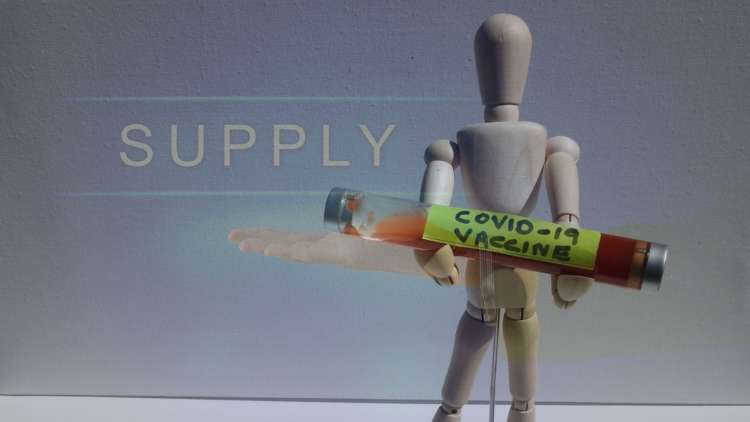Top Stories
How will the UK prepare a supply chain for the distribution of the Covid-19 vaccines?
Published : 4 years ago, on
By Don Marshall, Marketing role at Exporta.
The challenge of mobilising a supply chain for the introduction of a global and nationwide vaccine will be enormously complex. The process will be costly, and it’s likely the figures will stretch to the hundreds of millions for both the production of the vaccine itself and its distribution across the UK. We must prepare and plan a supply chain strategy to ensure it reaches those most in need in a timely and safe manner.
The task of immunising a whole population is something that has never been planned or likely imagined by anyone within a standard supply chain. A supply chain that goes directly from the manufacturer to the end consumer, or user/ patient in this case, is complex and goes beyond the scope of any single logistics company. It would have to be conceived and delivered via a large joint effort and collaboration between multiple organisations. Effectively distributing the vaccine will depend on the source of manufacture, its storage requirements, and protection of the vaccines from manufacture through to patient administration.
The majority of vaccines require storage within a specific temperature range and need to be handled safely and in hygienic conditions. Depending on where the vaccines are manufactured, the transport legs will vary; if they are coming from overseas, air freight will increase cost and complexity. In addition to supplying the vaccine, syringes, needles and containers also need to be taken into account when preparing the supply chain.
Securing the specific types of boxes or containers i.e. the lidded containers normally used for transporting pharmaceutical products will mean acquiring them from all available stockists and manufacturers. Delivery vehicles would then need to be considered, with temperature-control factored in. The medical supply chain can inform their approach to distribution by assessing data from previous supply chains, and how large quantities of vaccines have been sent out in the past. Collating successful vaccine delivery examples from other parts of the world would be advantageous here, the more we can do to prepare for a logistical challenge of this magnitude, the better.
The distribution of this COVID vaccine will be unique in its scale and for that reason, additional supply chains will need to be mobilised. Apart from medical supply chains, those best suited for this type of transportation are the fresh/frozen food industries and supermarkets. I would mobilise these businesses to assist with the vaccine’s distribution wherever possible and use their car parks and facilities for the temporary medical centres needed to administer the vaccine to the public.
Using the food industry and supermarket networks would leave the current pharmaceutical supply chains intact for health services, pharmacies and the NHS. It would protect those vital services and continue to serve communities across the UK. Inevitably, it would place a short term strain on food supply chains, but these are supply chains that are well-equipped and versed in coping with excess demand i.e. the spike endured from the brief spell of public panic buying at the start of the crisis. With adequate resourcing and planning, I believe the UK supply chain can and will handle this challenge.

-
Finance3 days ago
Phantom Wallet Integrates Sui
-
Banking4 days ago
Global billionaire wealth leaps, fueled by US gains, UBS says
-
Finance3 days ago
UK firms flag over $1.4 billion in labour costs from increase in national insurance, wages
-
Banking4 days ago
Italy and African Development Bank sign $420 million co-financing deal







